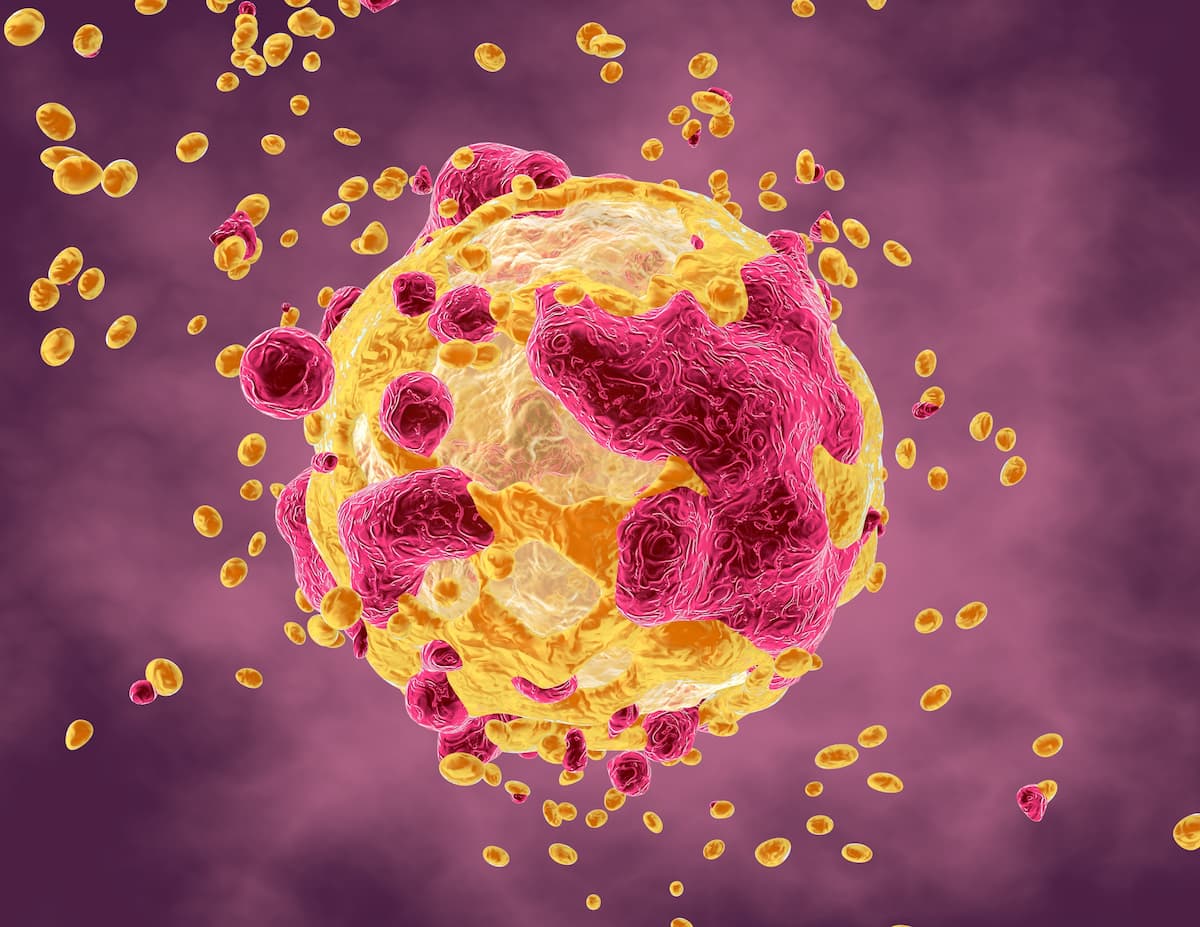
FDA Clears HLA Typing Companion Diagnostic for Afami-cel in Sarcoma

The SeCore CDx HLA A Sequencing System may help identify patients with advanced synovial sarcoma who are suitable to receive afami-cel.
The FDA has granted 501(k) clearance to the SeCore™ CDx HLA A Sequencing System for use as a companion diagnostic for afamitresgene autoleucel (afami-cel; Tecelra) among patients with previously treated advanced synovial sarcoma, according to a press release from the developer, Thermo Fisher Scientific Inc.1
Specifically, the companion diagnostic is indicated for use in patients who received prior chemotherapy for HLA-A*02:01P–, HLA-A*02:02P–, HLA-A*02:03P–, or HLA-A*02:06P–positive disease expressing the MAGE-A4 antigen.
This companion diagnostic is designed to employ a sequence-based typing method to screen for HLA-A alleles in genomic DNA purified from whole blood specimens.2 By making use of polymerase chain reaction (PCR), the device can synthesize new strands of DNA with a heat-resistant enzyme via deoxyribonucleotide triphosphate pools.
According to the press release, cancer immunotherapies such as T-cell receptor treatments have become potent therapies for those with metastatic or unresectable disease. Because T-cell receptor therapies interact with specific HLA proteins to augment immune responses, high-resolution HLA typing may be a key process in identifying populations who can derive benefit from agents such as afami-cel.
“We are thrilled to expand the labeling of our companion diagnostic SeCore CDx HLA A Sequencing System to include [afami-cel] and to support clinicians in identifying which patients may benefit from this first-of-its-kind treatment,” Tina Liedtky, president of Transplant Diagnostics at Thermo Fisher Scientific, stated in the press release.1 “Our knowledge of the human immune system and how it might impact treatment options across the healthcare continuum continues to evolve.”
The
The FDA based its approval on findings from the
“Afami-cel, which uses each patient’s own immune cells to recognize and attack their cancer cells in a one-time infusion treatment, is significantly different than the current standards of care for advanced synovial sarcoma. This approval represents a much-needed new option for people diagnosed with this sarcoma and an important milestone for the use of cell therapies in solid tumor cancers,” lead investigator Sandra D’Angelo, MD, a sarcoma medical oncologist and cell therapist at Memorial Sloan Kettering Cancer Center stated in a press release on the accelerated approval of afami-cel.3
In the single-arm, open-label SPEARHEAD-1 trial, patients were assigned to receive afami-cel at a single intravenous fusion of 1.0 x 109 to 10 x 109 T cells.4
The trial’s primary end point was ORR per RECIST v1.1 criteria. Secondary end points included best overall response, time to response, DOR, progression-free survival, overall survival, T-cell clonality, and safety.
Patients 10 to 75 years old with advanced synovial sarcoma or myxoid liposarcoma or myxoid round cell liposarcoma confirmed via cytogenetics were eligible for enrollment on the trial. Additional eligibility criteria included having measurable disease per RECIST v1.1 guidelines, confirmed MAGE-A4 expression, and an ECOG performance status of 0 or 1.
References
- FDA grants Thermo Fisher Scientific SeCore HLA Typing Kit 510(k) clearance for use as companion diagnostic with a T-cell receptor therapy for synovial sarcoma. News release. Thermo Fisher Scientific Inc. August 6, 2024. Accessed August 7, 2024. https://tinyurl.com/56ehf6a4
- 510(k) executive summary. SeCore CDx HLA Sequencing System 510(k). One Lambda. May 17, 2024. Accessed August 7, 2024. https://tinyurl.com/2vj6bcp3
- Adaptimmune receives U.S. FDA accelerated approval of TECELRA® (afamitresgene autoleucel), the first approved engineered cell therapy for a solid tumor. News release. Adaptimmune Therapeutics. August 2, 2024. Accessed August 7, 2024. https://tinyurl.com/mw6k4hjh
- Spearhead 1 study in subjects with advanced synovial sarcoma or myxoid/round cell liposarcoma. ClinicalTrials.gov. Accessed August 7, 2024. https://tinyurl.com/ycxdvbda
Newsletter
Stay up to date on recent advances in the multidisciplinary approach to cancer.



































